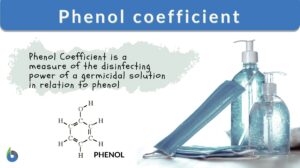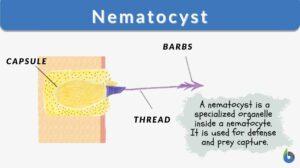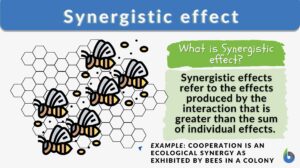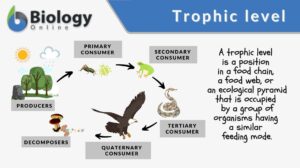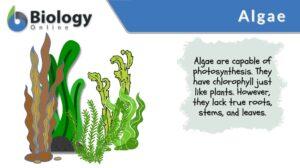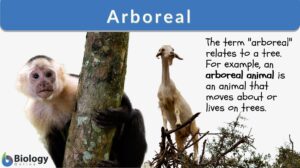Search Results for: kills
Phenol coefficient
Chemical disinfectants are categorized based on the power of their disinfection for microbes and viruses. Strong... Read More
Parasitism
Organisms depend on different sources of food to survive. Larger organisms like plants make their own food (autotrophs) and... Read More
Scared to Death
Scared to Death: Self-Willed Death, or the Bone-Pointing Syndrome by Patrick D Hahn Accepted on: September 4,... Read More
Golden algae
In phycology, the golden algae are algal species that are found mostly in freshwater. They are also called the chrysophytes.... Read More
Moraxella bovis
Definition Noun A gram-negative non-motile coccobacillus and highly opportunistic aerobic bacterium involved in Bovine... Read More
Nematocyst
All organisms are composed of millions of cells. Many cells serve specific purposes and are specialized to do distinct... Read More
Synergistic effect
Synergistic Effects Definition In biology, synergistic effects are the effects when chemical substances or biological... Read More
Cytotoxic T cell
Definition noun, plural: cytotoxic T cells A T cell responsible for inducing death to target cells (e.g. infected somatic... Read More
Redox reaction
Redox Reaction Definition What are redox reactions? This is a common term in chemistry and biology. In chemistry, a redox... Read More
Antifungicide
Antifungicide (Science: pharmacology) a substance which kills... Read More
Trophic level
In ecology, a trophic level pertains to a position in a food chain or ecological pyramid occupied by a group of organisms... Read More
A Look Into Natural Selection and its Mechanisms
Charles Darwin is credited with outlining the fundamentals of evolution. He was a smart and eager pupil and protégé, and... Read More
Growth and Plant Hormones
Growth All living organisms begin in the same form: as a single cell. That cell will divide and the resulting cells will... Read More
